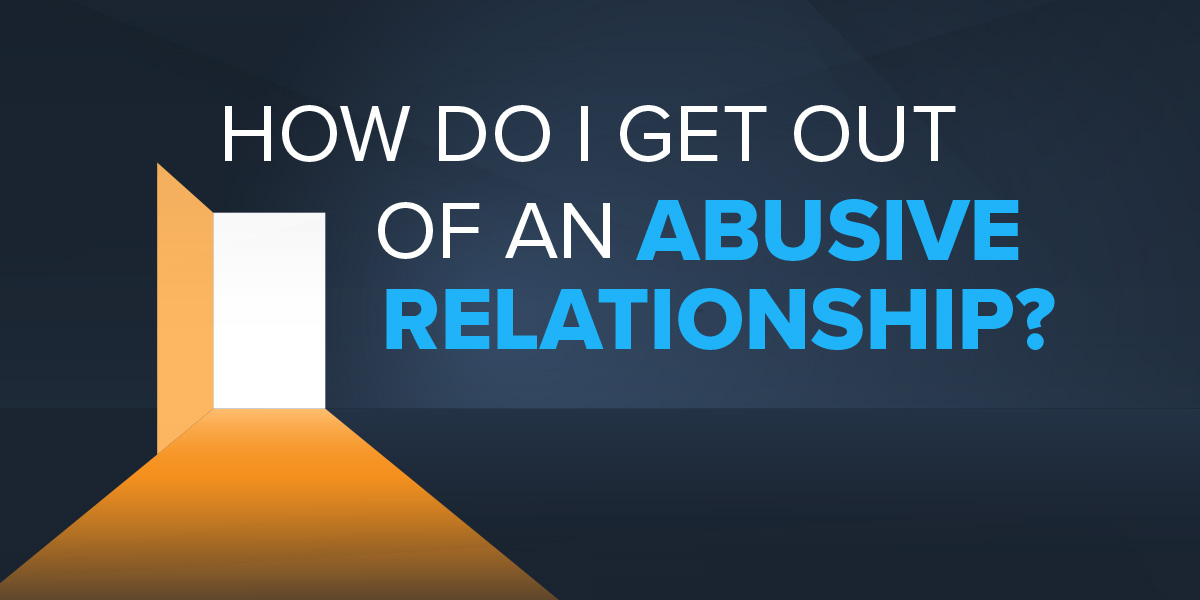
Saul tried to pin him to the wall with his spear, but David eluded him as Saul drove the spear into the wall. That night David made good his escape. – 1 Samuel 19:10 NLT
Last week, I was talking to a woman who was verbally and physically abused by her husband. She had been on the receiving end of his rage for most of their marriage. She tried everything you could think of to address his abuse with him, but he refused to change. Finally, after years of mistreatment, she decided to reach out for support. She got connected to the resources and services needed to escape that situation.
In 1 Samuel 18, King Saul becomes threatened by David’s success and plots to have him killed. When his plans to have David killed in battle fail, Saul tries to murder David himself. David tried patiently to work things out with Saul, but when he realized that Saul wasn’t going to change, David took the steps he needed to take to protect himself from Saul’s abuse.
Are you in an abusive relationship? Have you tried everything you can, but the other person refuses to change? Are you desperate for help but don’t know what to do or where to turn?
As we look at David’s relationship with Saul, there are five actions you can take to help you get out of an abusive relationship.
1. Recognize the abuse for what it is.
After Saul tried to pin David with a spear in 1 Samuel 19:10, David knew he had to leave. He realized that being on the receiving end of Saul’s toxic anger wasn’t right. David couldn’t make changes for Saul, but he could make changes for himself. Just like God didn’t want David to continue to be abused by Saul, God doesn’t want you to be hurt without acting. He wants you to find relief.
2. Reach out for professional help.
When David first fled from Saul, he went to the prophet Samuel for help and guidance (1 Samuel 19:18). God wants you to reach out to the Samuels in your life. Some potential Samuels could be:
- A domestic violence hotline (see below).
- A pastor in a local church
- Crisis counselor or social worker
- A Christian counselor
When you connect with one or more of the above, work with them to devise a safety plan. A safety plan is how you will keep yourself safe from abuse. The steps you’ll take to get out of this abusive situation, people and resources you can contact for help, and coping strategies to help you through this.
Note: If things get violent, report it to the police as soon as possible. There are good people out there who want to help you. Don’t wait for things to get worse before you decide to get the help you need.
3. Request support from safe people.
After David received guidance from Samuel, he went to his best friend, Jonathan, for help (1 Samuel 20:1). Later, David built relationships with other people who came alongside him for support (1 Samuel 22:2).
Getting out of an abusive relationship requires both professional help and personal help. Like David, we need people we can trust to lean on for the long haul. People like your family and friends can be essential allies to help you receive the care you need.
Some of you may have reached out to family and friends in the past and been misunderstood, belittled, made fun of, had your pain minimized, or just been plain rejected. If that’s been your experience, my heart goes out to you today.
I want to challenge you to keep working to build your support system. Getting involved in a local church. Find a good support group that gets what you’re going through and can be there for you. Call one of the many domestic violence hotlines, share your story, and ask for their help.
Remember: You don’t have to do this alone.
4. Remove yourself from harm’s way.
If the abuse doesn’t let up, you may need to find someplace else to stay. In 1 Samuel 21, David left his abusive situation with Saul and went elsewhere for safety. Sometimes we need to leave the place we’re in to find the peace we need. This may mean staying with a family member or friend, getting your own home, or finding a shelter until you get on your feet. Whatever that may look like for you, know that your safety and well-being are important, and you don’t have to continue to take this abuse.
5. Rely on God for your future.
In Isaiah 41:10, God says, “Don’t be afraid, for I am with you. Don’t be discouraged, for I am your God. I will strengthen you and help you. I will hold you up with my victorious right hand.” As you work through this situation, know that the Lord is with you, wants to help you, and won’t abandon you. Call out to Him and trust Him to help you through this, one day at a time.
If you or someone you know is struggling or in crisis, please get in touch with the police or the National Domestic Violence Hotline at 1-800-799-7233 or TheHotline.org
Next Steps
1. What kind of abuse are you experiencing in your life today? How does David’s story with Saul in 1 Samuel and what he did give you hope for your situation?
2. Make a list of people you trust you can reach out to for help (i.e., family, friends, pastor, counselor, etc.). Set time aside this week to connect with them, explain your situation, and get assistance.


